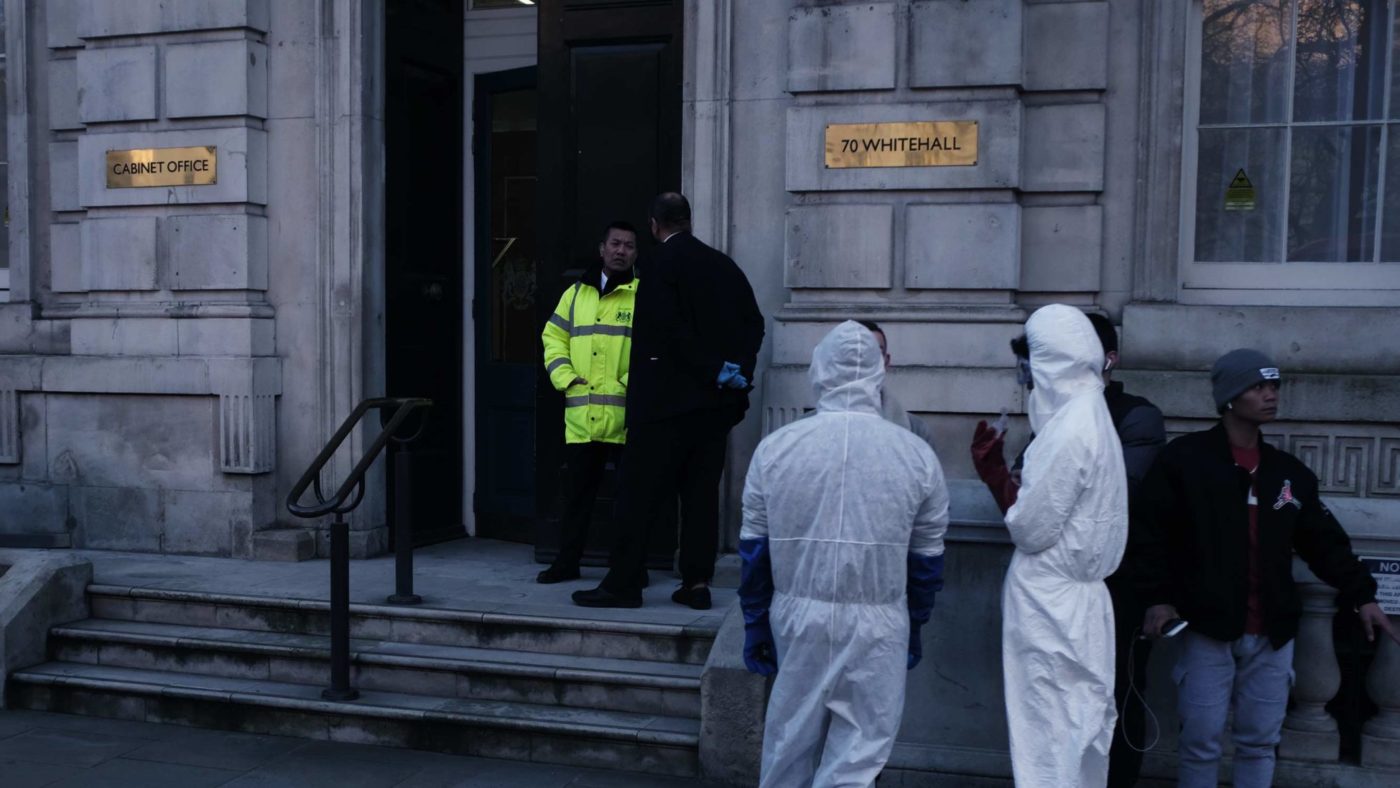Whenever a crisis of any sort comes along, you can bet your bottom dollar people will start accusing other people of “politicising” a difficult moment, or using it for “political point-scoring”.
There is, of course, a huge asymmetry here. We always think our political opponents are “politicising” events, and that they’re being cynical, manipulative, and disingenuous for doing so. But nobody ever thinks that they are politicising anything.
“What, ME? No! I’m just spelling out the obvious political implications!”
Quite often, though, this kind of argument really centres on how much we see a particular event as being political.
Let’s say something bad, X, happens. Some of us will see X as simply an unfortunate event. It could have happened under any government, and it could have happened under any system. It has no major policy implications.
But others will see X as the result of policy choices. Now, if you’re in the latter camp (and that camp could be totally wrong, but it’s what you honestly believe), it would be insane for you not to spell out the policy implications, as you see them. It’s not so much that you are ‘politicising’ a tragedy, you just take the view that the event is inherently political.
A good example is a terrorist attack. Some people (mostly on the Left) believe that terrorism is caused by Western foreign policy. Some people (mostly on the Right) believe that it’s linked to immigration policy. These claims are disputable. But someone who believes either interpretation is not ‘politicising’ a despicable act, they just think that it is political. Others might think it’s just an unfortunate event, and should be treated as such.
It’s not really fair to instantly accuse those who see certain things in political terms of cynicism or opportunism. After all, for them it would be impossible for them the talk about it honestly without mentioning politics.
So when is it fair to say that someone is politicising an issue?
The easy answer would be: “When someone secretly agrees with me that this is just an unfortunate event, but pretends that there are policy implications, because it suits them”.
That is probably only ever going to be a minority of cases. Political opportunism doesn’t usually mean endorsing positions that we know to be false – that’s just plain dishonesty. Opportunism is when someone spots a political position, and thinks: “Hmm, this would be convenient. Can I convince myself that this is true? Would be great if it were! I want to hold that view!”.
(That, incidentally, is why so many people on Twitter adopts views that are considered “cool”. It’s not that they’re lying, and secretly believe the opposite. It’s that they talk themselves into holding those positions, because they want the social status boost that’s associated with them.)
But given that we know about those mechanisms, I think it’s absolutely fair to expect people to do some self-policing. It is worth asking yourself: “Am I being entirely honest with myself here? Or am I taking that position because it’s convenient?”
So, when someone lazily adopts the most convenient position, using sloppy logic they would not have accepted under any under circumstances, it is fair to say that they’re politicising an issue, even if they might pass a lie detector test. In this case, carelessness is almost as bad as malice.
To return to the issue of the day, if you have strong views on how a pandemic should be handled, if the Government’s approach is very far from your ideal approach, and if you already hated the government anyway – fair enough. You’re not “politicising”, you just see the issue as political.
But you should ask yourself: What if, say, a Corbyn government was doing exactly the same thing? Would I then be similarly critical? Is my response really more about my visceral dislike of Boris Johnson than the particular policy his government has chosen to pursue?
Similarly, if your position is: “I wouldn’t start from here; if we had done X, or hadn’t done Y, we’d be in a stronger position”, you should ask yourself: How sure am I? How big is that effect, even if it exists? Is it really relevant right now?
Put simply, if you don’t even stop to think through what you’re saying, you’re politicising.
Click here to subscribe to our daily briefing – the best pieces from CapX and across the web.
CapX depends on the generosity of its readers. If you value what we do, please consider making a donation.


